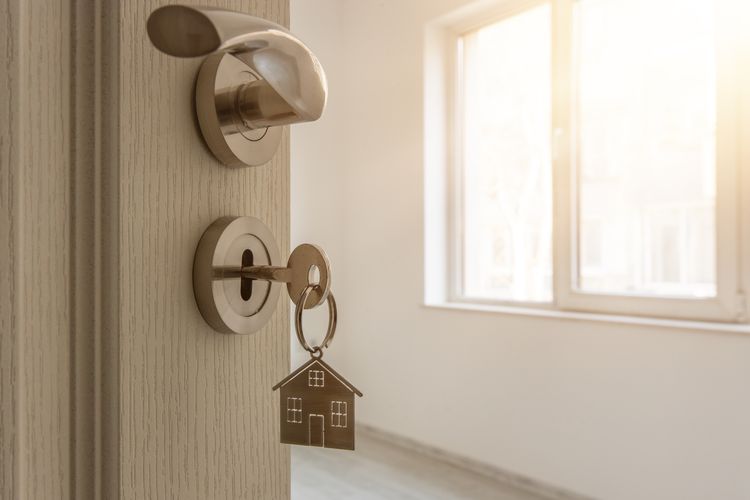Is It Wise To Wait For Mortgage Lending Rates To Come Back Down?
The numbers tell the story: Mortgage rates are on the rise. Demand for home loans is falling. And borrowers are wondering if the door has closed on home loans that come with an unbelievably low rate.
If you’re on the fence about buying a new home, or you’re holding off on refinancing, you might find that hesitating to sign on the dotted line could cost you plenty down the road. Experts who monitor rates say that indicators point to a continued rise in rates, which means the days of rock bottom rates could well be over.

Mortgage Demand Drops
In February of 2021, Mortgage Bankers Association (MBA) forecaster Joel Kan noted that “Mortgage rates have increased in six of the last eight weeks, with the benchmark 30-year fixed rate last week climbing above 3% to its highest level since September 2020.”
Around the same time, refinance applications were down 11%, and refi loans also saw a measurable decline: They accounted for 68.5% of mortgage applications, a decline from 69.3% the previous week.
Rising Rates Are Raising Concerns
Here’s the big money question: If you’re considering taking out a new home loan or finalizing a refinancing, should you wait for the return of lower rates?
Peter Warden of The Mortgage Reports says, “There are no obvious and immediate events on my radar that might trigger such a switch and bring significantly lower mortgage rates anytime soon.” Rates are rising because interest on Treasury bonds is rising, and mortgage rates generally track the yield on the 10-year Treasury note.
In addition to the increased bond yields, investors cite the availability of COVID-19 vaccinations and government stimulus checks as economy boosters, and when the economy rallies, inflation and higher interest rates may not be far behind.

The Lowdown
The good news: Mortgage rates are still historically low. Mortgage technology and data provider Black Knight reported that an estimated 16.7 million homeowners could save $300 or more per month by opting for a new loan with a lower rate. To be considered a good refinance candidate, you’ll need at least 20% equity in your home as well as a decent credit score.
Whether you’re a refinancing homeowner or a homebuyer, you’ll want to find the lowest possible rate that works best with your financial needs. Because mortgage rates can vary significantly from one lender to another, compare at least five different rate offers. The same holds true when it comes to homeowners insurance – the more you research and review, the better your chances of securing a rate and terms that won’t turn out to be budget busters.
